
From left to right: Teacher’s Aide Yaneth Orduna; Saint; and Saint’s classmate Liam.
Darlene’s Perspective
Saint’s Mom
When I first enrolled my son Saint at Escalera Head Start, I was concerned about his behavior. He would have tantrums and not really know how to communicate his feelings, so he would scream and cry. I wasn’t sure how he would do in a school environment. I worried that the teachers would judge me, and that they wouldn’t know how to handle his outbursts—as I had trouble doing myself. I also was concerned that his behavior might make it hard for him to make friends.
So it was with a lot of anxiety on my part that Saint started Escalera—but it was replaced by relief and hope almost right away. Saint’s teachers were extremely patient and learned how to communicate with him when he was inconsolable. I love the way the staff is in constant communication with us and learns our family dynamic at home in order to transition the children to a more familiar environment. He is so much more mature. He has learned how to be a great friend and is super respectful to everyone around him. I am so happy with his progress, which I know will make it easier for him to transition to kindergarten next fall.
Although it’s hard to confide in and talk about your family to people like teachers at first, my advice to any parent whose child is starting Escalera for the first time is to be super honest about their child and communicate with their teacher, whatever their concerns are. I promise you, the teacher will become like family!
Ms. Tracey’s Perspective
Tracey Elting, Escalera Program Director
At the beginning of the school year, managing emotions was a challenge for Saint. He would scream when another child bothered him and was unable to follow the classroom expectations, thus requiring a lot of redirection. Like a lot of children embarking on their first school experience, he was not very independent and waited for his family members and teachers to do things for him, like putting his coat in his cubby and cleaning up the toys.
He struggled to form letters when writing his name and was easily distracted during whole group/circle time activities and read-alouds. He showed little interest in learning.
But Saint had a lot of potential. He was curious and social and clearly wanted to be a part of things. He also had a wonderful advocate in his mom, who was a great partner in ensuring consistency between home and school. Saint always had good attendance, and during his moving up ceremony at the end of the year, he received a certificate for 97% attendance.
With partnership, consistency, and our compassionate and skilled team—including Ms. Yaneth, pictured above, and Assistant Teacher Rosangles Vargas—Saint blossomed into the friendly, happy, and eager-to-learn child we knew he could be. By the end of the school year, Saint learned to manage his feelings by using various strategies, such as telling a teacher or playing with another child or toy. He now follows classroom expectations on his own without reminders. He is much more independent and completes most tasks by himself. He can write and spell his name. In fact, he is now meeting or exceeding widely held developmental expectations for his age in all domains, from social-emotional development to traditional academic areas, like literacy and math.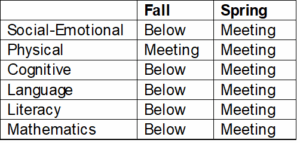
Saint’s progress is evident as soon as you walk into the classroom. You can find him actively participating in whole group/circle time activities and read-alouds, answering questions that show understanding of the concept being taught. You can find him exploring in all learning centers with a variety of materials, and you can feel his enjoyment when he participates in small group learning activities. He now associates “school” with positive feelings, which is the most important thing. He will start kindergarten ready and excited to learn and thrive.
Saint’s Perspective
I like to play with cars and blocks and in the kitchen area. I like center time. Center time is my favorite time at school!

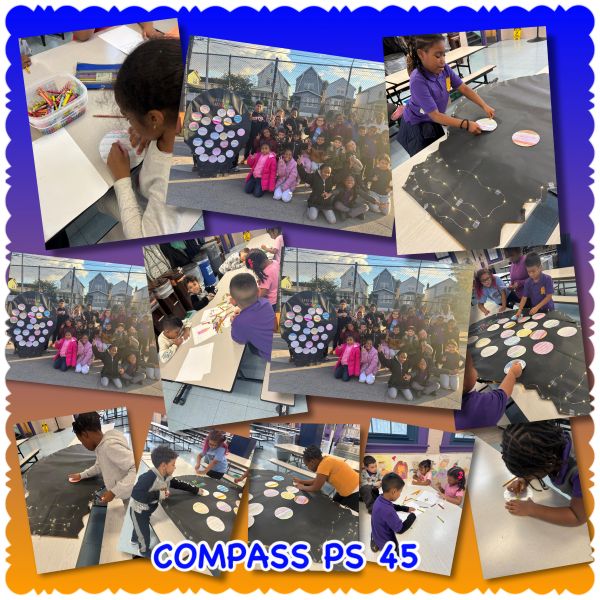
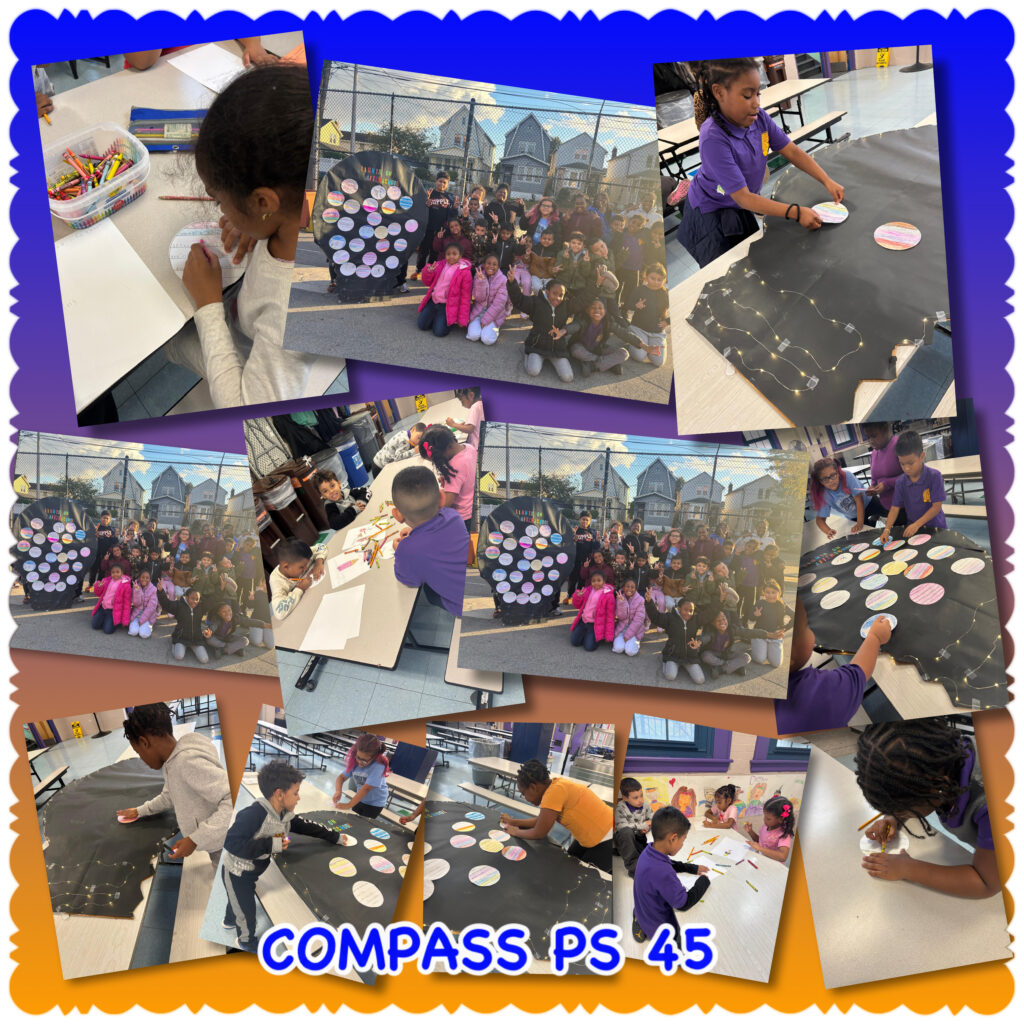
 The Child Center of NY offers
The Child Center of NY offers  our newest afterschool programs—just a few weeks old! If the students’ reflections on the poster are any indication, it’s been a great success so far. Children answered the prompt about their favorite part of afterschool with various responses, from basketball and soccer to “making inventions” and making friends, and the staff. “As one child wrote, “Me gusta cuando entro afterschool, y quisiera venir todos los días.” (“I like when I go to afterschool, and I would like to go every day.”)
our newest afterschool programs—just a few weeks old! If the students’ reflections on the poster are any indication, it’s been a great success so far. Children answered the prompt about their favorite part of afterschool with various responses, from basketball and soccer to “making inventions” and making friends, and the staff. “As one child wrote, “Me gusta cuando entro afterschool, y quisiera venir todos los días.” (“I like when I go to afterschool, and I would like to go every day.”)
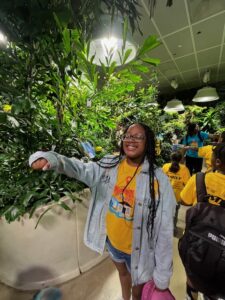
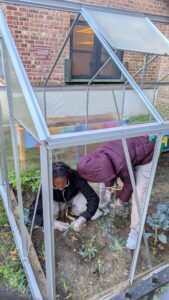

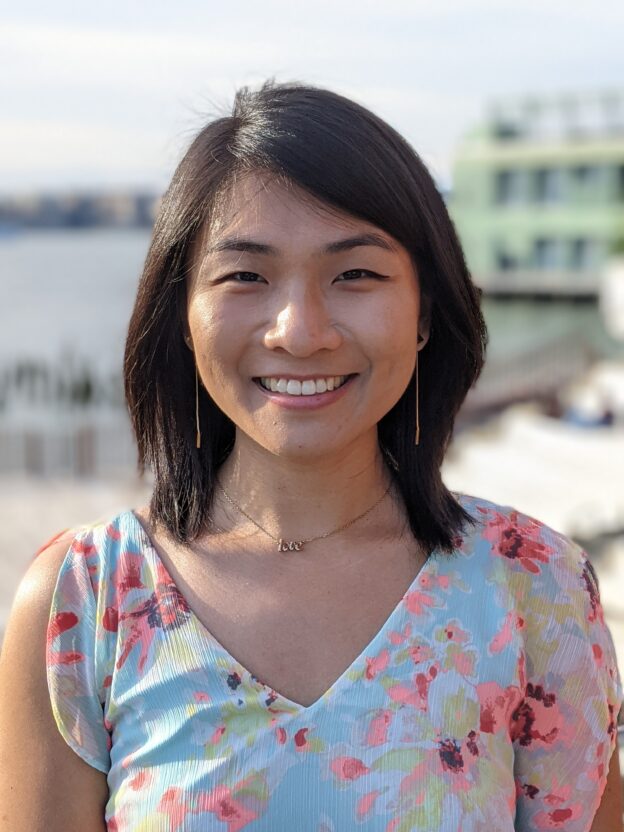
 This month, we celebrate Cathy Wu’s 13 incredible years at The Child Center of NY. As a longtime leader at the
This month, we celebrate Cathy Wu’s 13 incredible years at The Child Center of NY. As a longtime leader at the 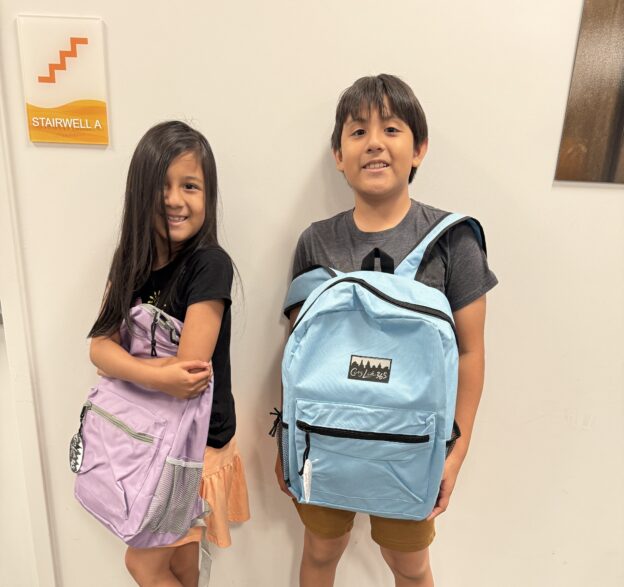
 Look who’s ready and excited to start a new school year!
Look who’s ready and excited to start a new school year!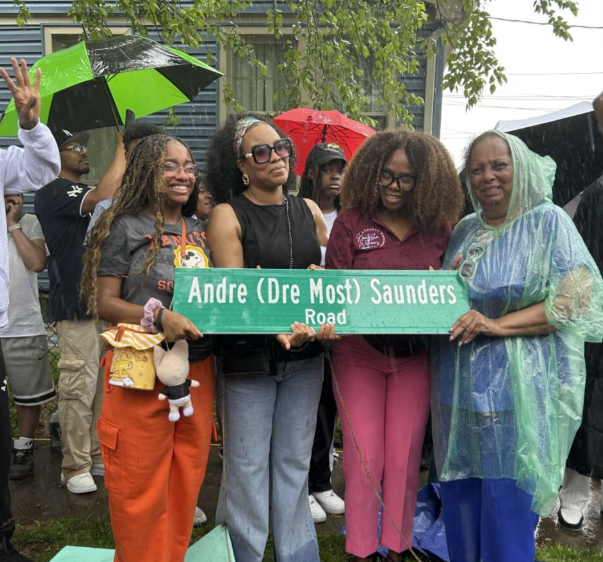
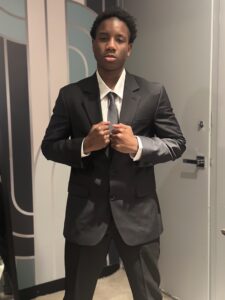

 I’m also an athlete. I’ve been playing ball forever, and I’ve gotten better at ball since I was here. Whenever I’m on the court, everything just goes away: I’m focused on that, and that only, and that’s a good coping skill for me.
I’m also an athlete. I’ve been playing ball forever, and I’ve gotten better at ball since I was here. Whenever I’m on the court, everything just goes away: I’m focused on that, and that only, and that’s a good coping skill for me.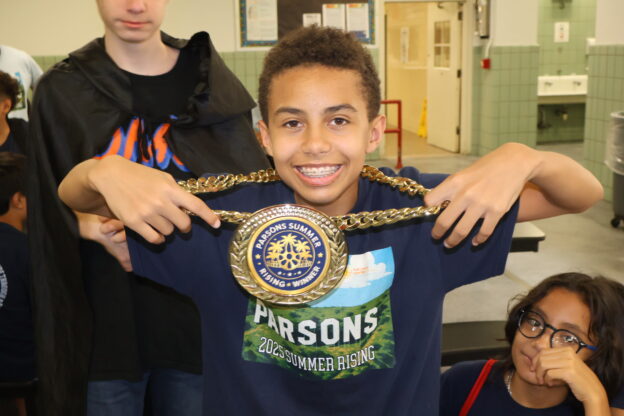
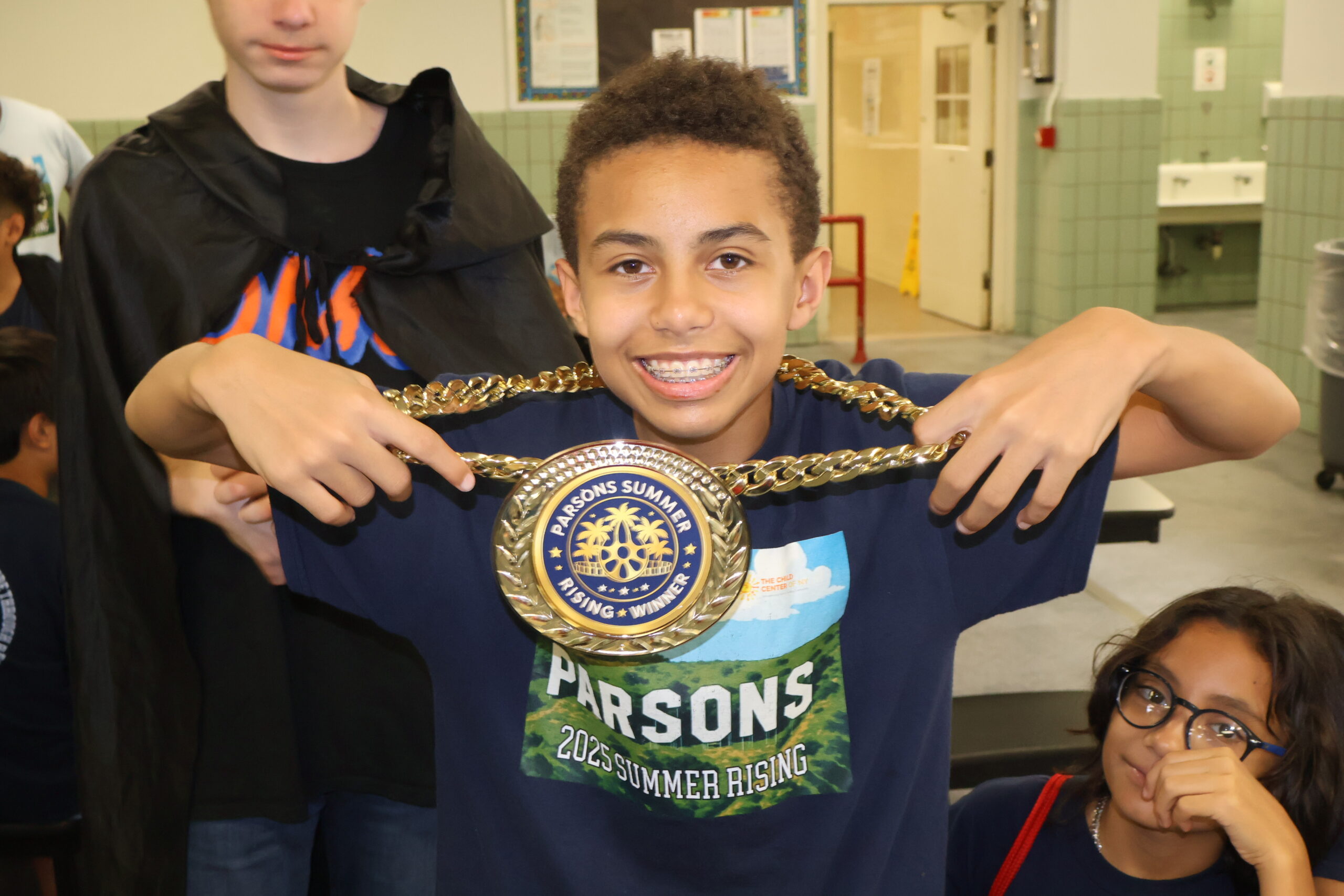 If “awesome summer” were a photo, this would be it!
If “awesome summer” were a photo, this would be it!

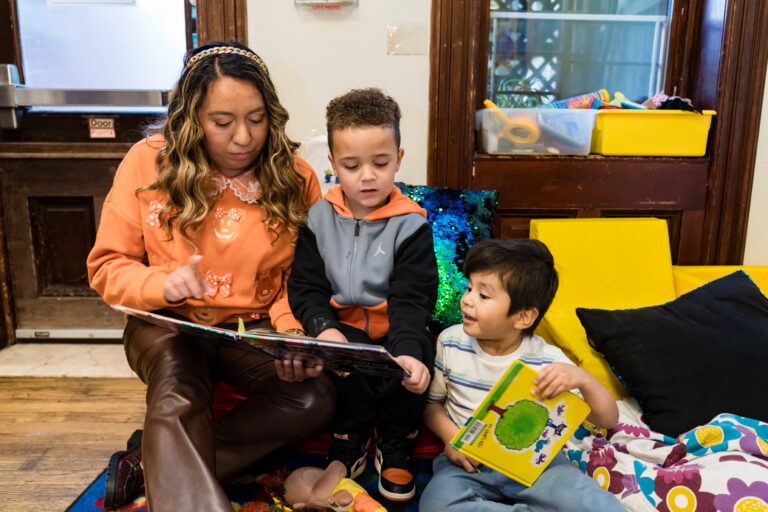




You must be logged in to post a comment.